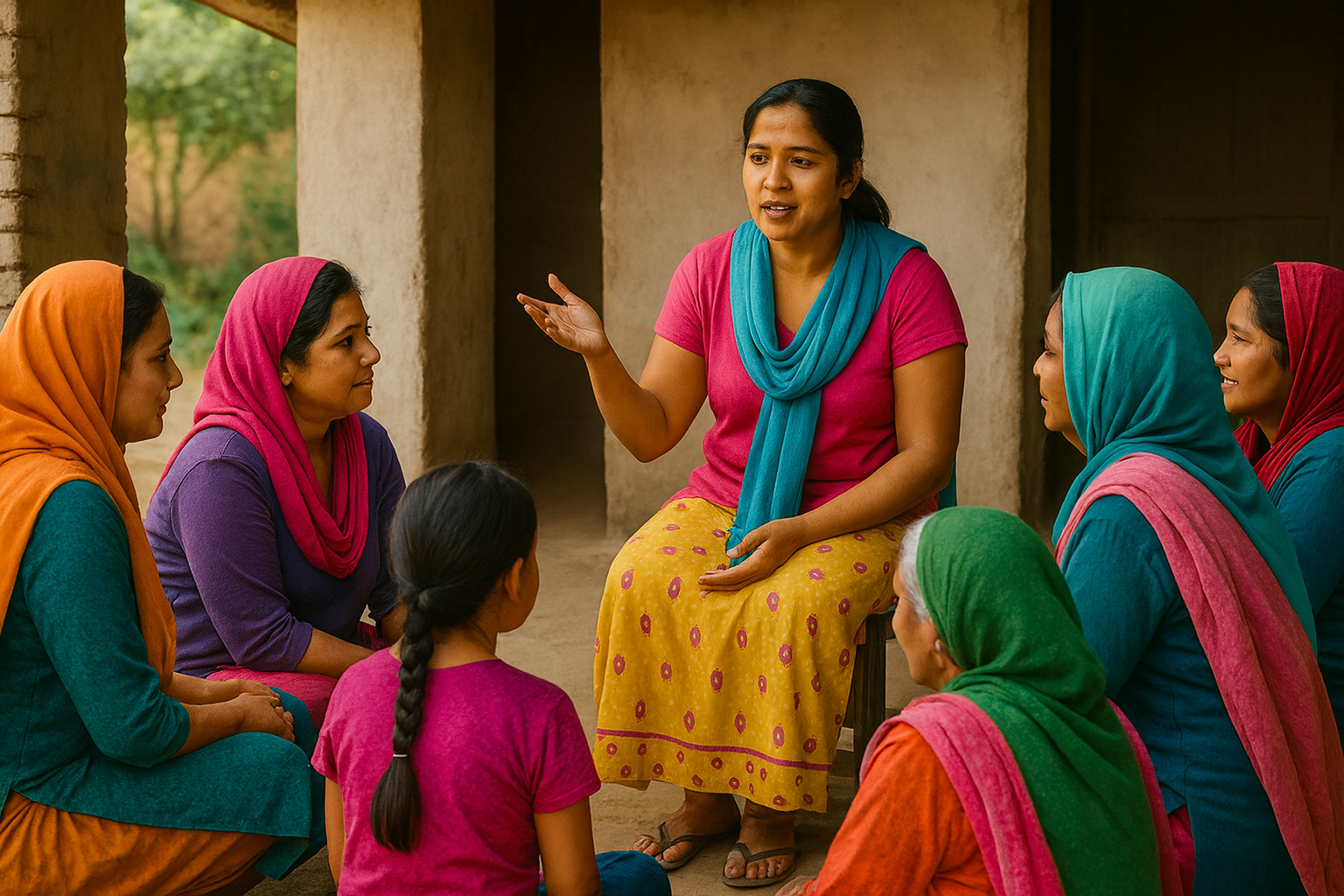
Written by Nadège Sheehan, PhD – Co-Founder & President of OneGuild. She specializes in peacebuilding, health equity, and conflict-affected systems.
Between 2018 and 2022, the idea of peacebuilding through health gained visibility across global institutions and conflict-affected regions. Initiatives led by the World Health Organization and others highlighted how health systems could serve as bridges for trust, dialogue, and stability. In recent years, however, the conversation has quieted – not because the need has diminished, but perhaps because the framing has been absorbed into broader development agendas.
I believe it is time to bring this vision back to the surface – grounded in community-based approaches, women’s leadership, and long-term equity strategies.
Health: An Invisible Bridge for Peace
Health has a unique power to unite, even among divided communities. Because when it comes to health, people set aside differences to seek common solutions: to prevent, fight, and recover from disease.
In contexts of tension or fragility, health becomes a rare space for dialogue and cooperation, regardless of ethnicity, language, or religion. It is a shared need that creates shared purpose.
Health does not just support peace; it can help build and sustain it.
Health Inequities as a Driver of Instability
Lack of access to healthcare, especially among women and marginalized groups, undermines trust, cooperation, and hope. These conditions fuel grievances, and grievances often escalate into conflict. At the same time, conflict spreads disease, dismantles systems, and deepens suffering. That is why rebuilding health infrastructure is not just a humanitarian act; it is a peacebuilding strategy.
In fragile regions, investing in equitable health systems means investing in social stability.
Women’s Health and Leadership: A Strategic Priority
Women are central to the health and resilience of their communities. Given the right tools – especially education – they become health multipliers. They shape behaviors, teach prevention, and lead households toward better outcomes.
In conflict settings, women are often the ones who look past grievances to protect the survival of their families. They become informal health leaders and community stabilizers.
Empowering women is not only moral; it is strategic. For peace to be lasting, it must be rooted in women’s health, voice, and leadership.
If we are serious about building peace, we must be serious about building healthy, empowered communities. And that starts with health equity.